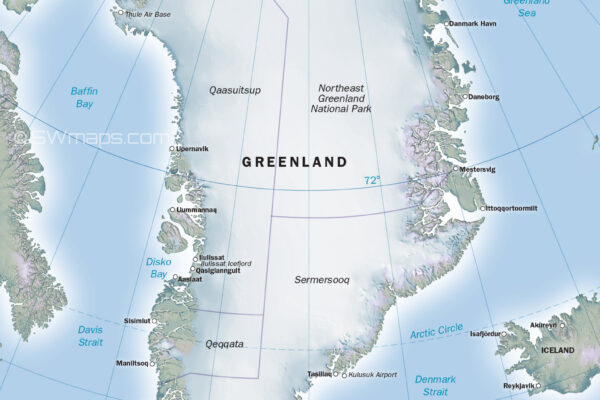
The Importance of Bosnia
Located in the heart of the Balkan Peninsula, Bosnia and Herzegovina holds a significant position in European history and geopolitics. With its complex ethnic composition and historical legacy, the country is a focal point for regional stability and international diplomatic efforts. In recent years, Bosnia has witnessed a resurgence of political tensions, igniting discussions about its future and European integration.
Current Political Landscape
Recent events have highlighted the ongoing challenges faced by Bosnia. In September 2023, the country held local elections amid heightened political tensions. The elections served as a referendum on the ruling parties and an opportunity for opposition groups to gain traction. Reports indicated a notable participation rate, reflecting the citizens’ desire for change amidst economic difficulties and a stagnant political atmosphere.
The three largest ethnic groups in the country—Bosniaks, Croats, and Serbs—have historically contributed to a fragmented political system. The global community has expressed concerns over nationalism and rhetoric that threaten social cohesion. The governance structure, deeply rooted in the Dayton Agreement of 1995, continues to be a topic of debate, with calls for reforms to enable a more functional government.
Social and Economic Challenges
The socio-economic situation in Bosnia remains precarious, with high unemployment rates—particularly among youth—and a struggling economy. A recent report from the World Bank highlighted that nearly 15% of the population lives below the poverty line. While international aid and investments play a crucial role, structural reforms in governance, judicial independence, and the economy are essential for sustainable development.
Corruption remains a significant barrier to progress, as highlighted in Transparency International’s recent indices. Improved transparency and accountability are critical for attracting foreign investments and fostering a business-friendly environment.
The Path Forward
As Bosnia navigates its complex political landscape and socio-economic hurdles, the outlook for the country remains uncertain. International organisations, including the European Union, play a vital role in supporting Bosnia’s aspirations for integration and reform. Diplomatic efforts must focus on fostering dialogue between ethnic communities and implementing the necessary reforms to promote investor confidence.
In conclusion, Bosnia stands at a crossroads. The decisions made in the coming months will not only shape its internal dynamics but will also have reverberations across the region. As Bosnians strive for a prosperous future, addressing ethnic divisions and fostering economic growth will be crucial for their success.
You may also like

Understanding the Significance of the Greenland Map

Current Events: What’s Happening in Iran

Djibouti: A Strategic Gateway in East Africa
SEARCH
LAST NEWS
- Remembering Wendy Richard: The Promise to Co-Star Natalie Cassidy
- How Did Anglian Water Achieve an ‘Essentials’ Rating for Mental Health Accessibility?
- Shai Hope Leads West Indies in T20 World Cup Clash Against South Africa
- What We Know About Weston McKennie: Future at Juventus and Past at Leeds
- What We Know About the Upcoming Live Nation Antitrust Trial